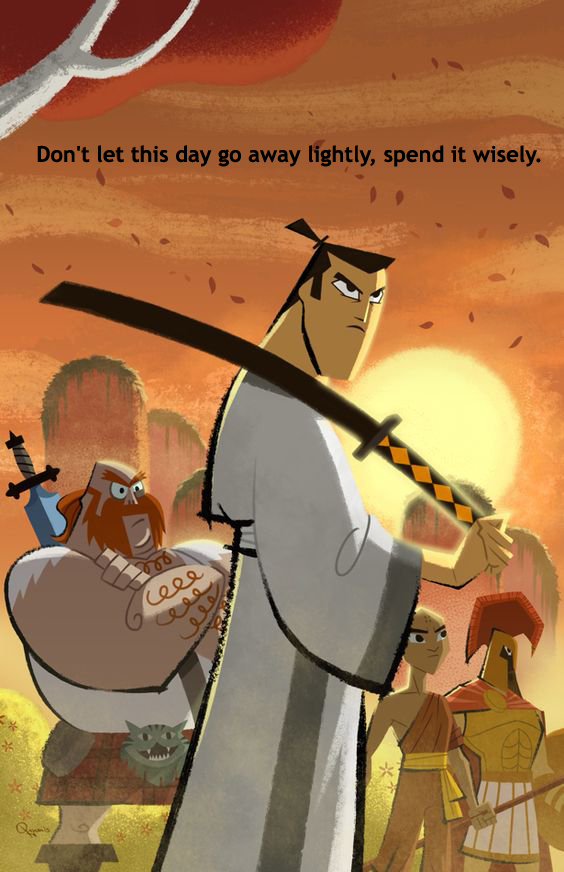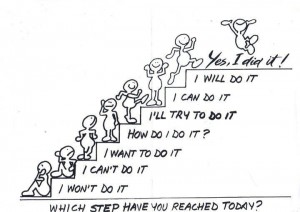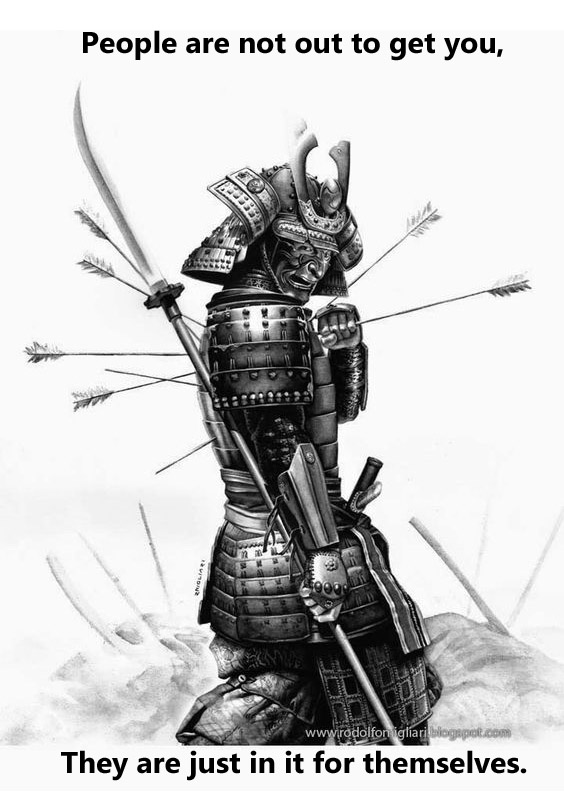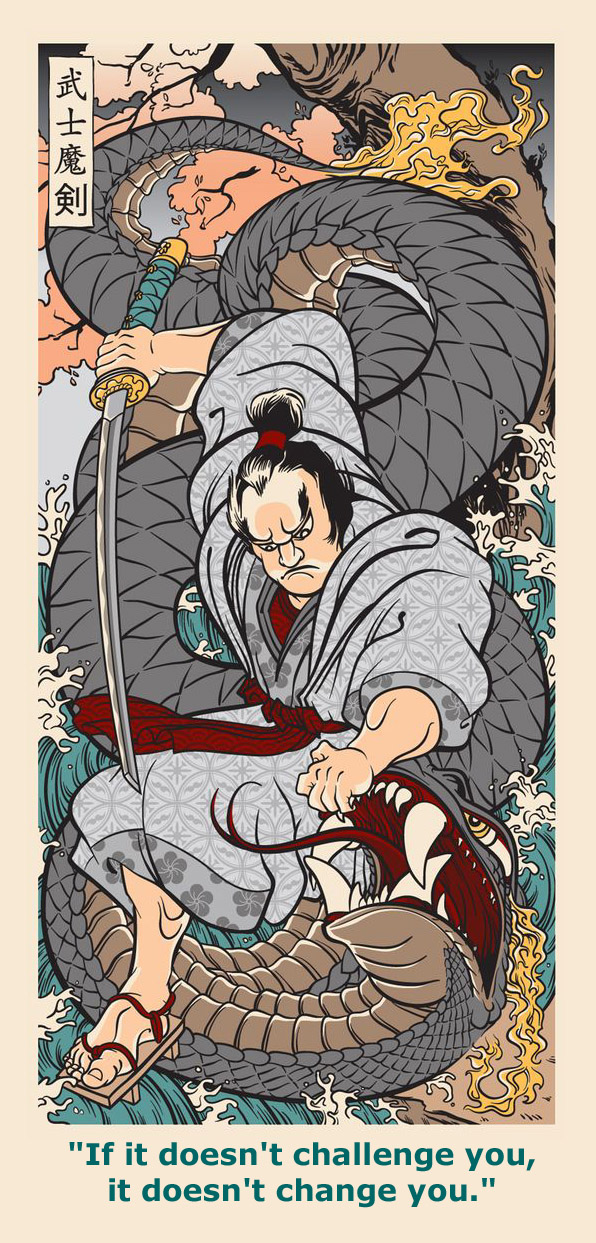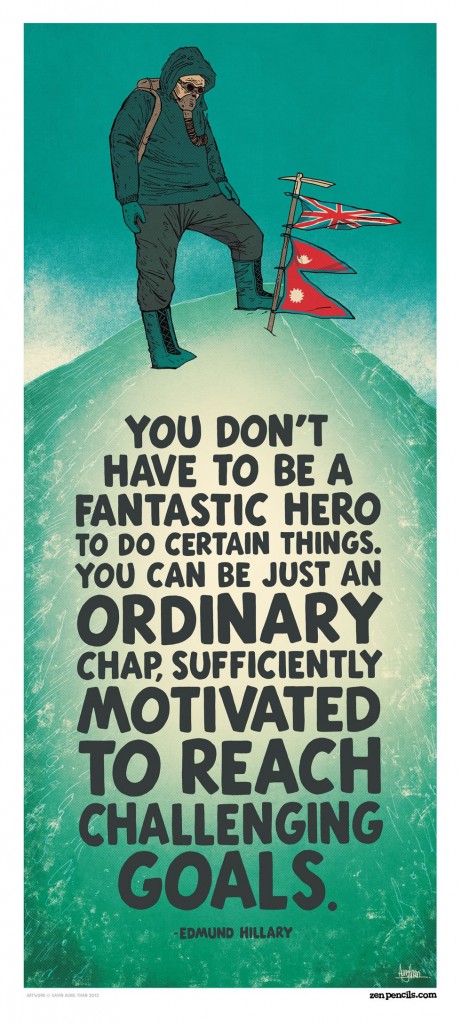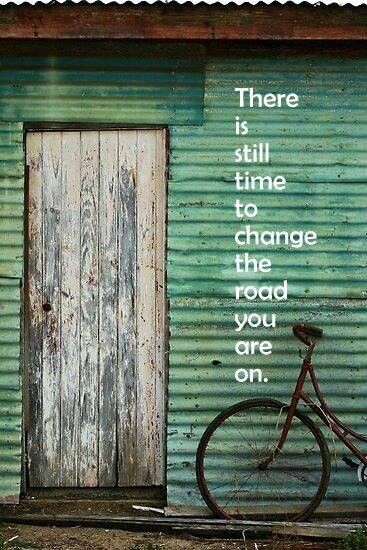
Starting tonight our dojo will host a weapons seminar that caters to beginners. Weapons are something that most Aikidoists find daunting, boring and at times mysterious. Weapons skill can sometimes feel like it just came out of the ethos and that one needs to be a genius in order to master them.
This anxiety about weapons, or anything foreign for that matter, can either be a cause for anxiety or excitement. How one perceives the situation dictates how they will experience it.
Werifesteria - To wander longingly through the forest in search of mystery.
I saw this word on the internet that made me think about learning and how we approach it.
By all accounts, werifesteria is actually a made up word. A close Japanese equivalent for werifesteria might be yugen (幽玄) which I loosely translate as the mystery of something which makes it beautiful.
When we are in a forest rummaging around, there comes this point where we realize the beauty in that moment but somehow we can't quite put our finger on what it is that makes it beautiful - That is yugen. To be in the state of yugen requires that we be vulnerable.
When I talk about vulnerability, I don't mean vulnerability from the standard definition of being easily hurt or attacked. I mean that to experience yugen one must be in a state of openness which allows for the yugen to occur.
When we are open and willing, the world seems to open up and the experience of yugen just emerges.
Furuya Sensei used to say, "The only qualification a student needs is the right attitude." The "right" attitude means allowing ourselves to be open and willing to learn or in other words to be vulnerable.
Brene Brown said, "Vulnerability is the birthplace of innovation, creativity and change.” When we partake in this seminar, we will all be changing. If we allow ourselves, who we are at the beginning will not be who we are at the end. Therefore, based on Brene Brown's definition, we need to allow ourselves to be vulnerable.
If you are able to be vulnerable then what you don't know (aka the mystery) will somehow become beautiful or for lack of a better word - awesome.
I almost can't explain it. When you find yourself getting nervous or anxious, just give yourself a smile, take a deep breath and say to yourself, "be vulnerable." If you can do all three of those things then your experience will change and I guarantee that you will have a much better experience.
I wish you all a wonderfully vulnerable seminar!
 “We emphasize modesty and humility in our practice, but some students do not appreciate the spiritual aspects of the art and look at others as objects or toy to be played with, no considerate of the feelings of others.
Indeed, we live in a ‘me, me, me’ society and approve of selfish behavior. Losing the spirit of practice and the meaning of Aikido, the art itself becomes another common tool for one's self-promotion and constant quest for power, authority and recognition. We must see such arrogance and egotism as the acts of those who are spiritually destitute and have lost their way from the path of Aikido. What to do, it is really so sad.
“We emphasize modesty and humility in our practice, but some students do not appreciate the spiritual aspects of the art and look at others as objects or toy to be played with, no considerate of the feelings of others.
Indeed, we live in a ‘me, me, me’ society and approve of selfish behavior. Losing the spirit of practice and the meaning of Aikido, the art itself becomes another common tool for one's self-promotion and constant quest for power, authority and recognition. We must see such arrogance and egotism as the acts of those who are spiritually destitute and have lost their way from the path of Aikido. What to do, it is really so sad.



